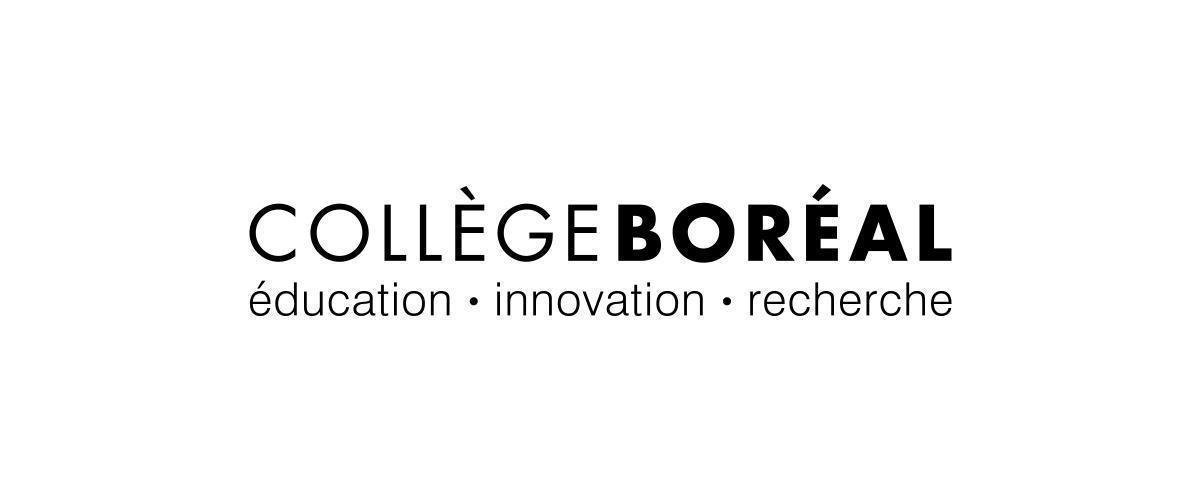Applied research steps up to support Northeastern Ontario’s Agri-Food sector

A positive impact has emerged from the COVID-19 pandemic in Northeastern Ontario: the demand for locally-sourced food products has greatly increased. This clearly represents an opportunity for agri-food businesses, but meeting the demand also comes with many challenges.
This realization has led to a new collaborative project involving Collège Boréal, the University of Guelph and agri-food sector organizations represented by the Rural Agri-Innovation Network (RAIN), the Northern Ontario Farm Innovation Alliance (NOFIA) and the Greater Sudbury Food Policy Council.
Understanding the Impact and Mitigation Strategies of the COVID-19 Outbreak on the Agricultural Sector in Northeastern Ontario is an applied research project that aims to quickly identify the emerging needs of agri-food businesses in Northeastern Ontario in order to help these organizations to adapt their role in supporting the sector. This project stems from the College and Community Innovation Program – Applied Research Rapid Response to COVID-19, funded by the Natural Sciences and Engineering Research Council of Canada (NSERC).
Before and after the pandemic
Initially, the partners will work with producers to understand the issues brought about by the COVID crisis and apply new practices to provide adequate support to production, distribution and marketing activities, while also preventing the risk of shortages in future pandemics.
In the second phase, the longer term focus will be to develop recommendations and marketing strategies for agri-food businesses to ensure continued economic durability and food security in the post-pandemic period.
A map is now online
One strategy which has already been implemented is an interactive map produced by the University of Guelph which lists agri-food products offered by local producers. This tool, which is already accessible online, allows consumers to clearly identify options in their vicinity that often are not well known due to a lack of advertising and marketing.
Over the coming weeks and months, more initiatives will emerge to bolster the high potential for growth in Northeastern Ontario’s agri-food sector.
About Collège Boréal
Established in 1995, Collège Boréal is a French language post-secondary training and learning institution dedicated to the development and growth of communities throughout Ontario.
Collège Boréal offers comprehensive programs and services in seven campuses and 38 access centres located in 26 communities throughout the province. Since 1995, approximately 120,000 clients across Ontario have benefited from Collège Boréal’s expertise relating to post-secondary education, training programs, immigration and settlement services, and employment services. Collège Boréal has established over 120 articulation agreements with other post-secondary institutions.
According to the Key Performance Indicators recognized by the Ministry of Training, Colleges and Universities, Collège Boréal holds the top rank in two of the five areas surveyed: graduation rate, and, for a fourth consecutive year, student satisfaction. These results are proof that investing in human capital is Boréal’s strength.
Learn more
To find out more about Collège Boréal’s programs and services, please visit our website at www.collegeboreal.ca or follow us on Facebook and Twitter.
For further information:
Communications Office:
